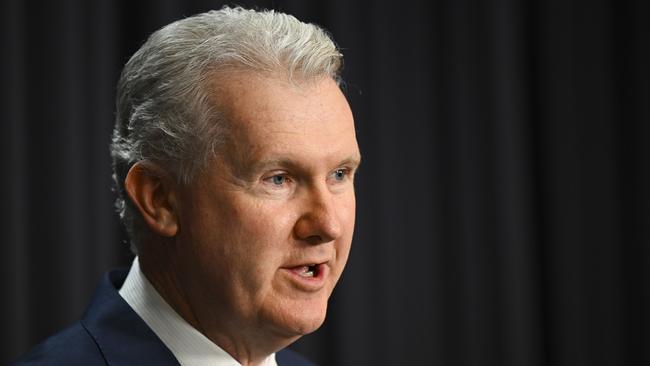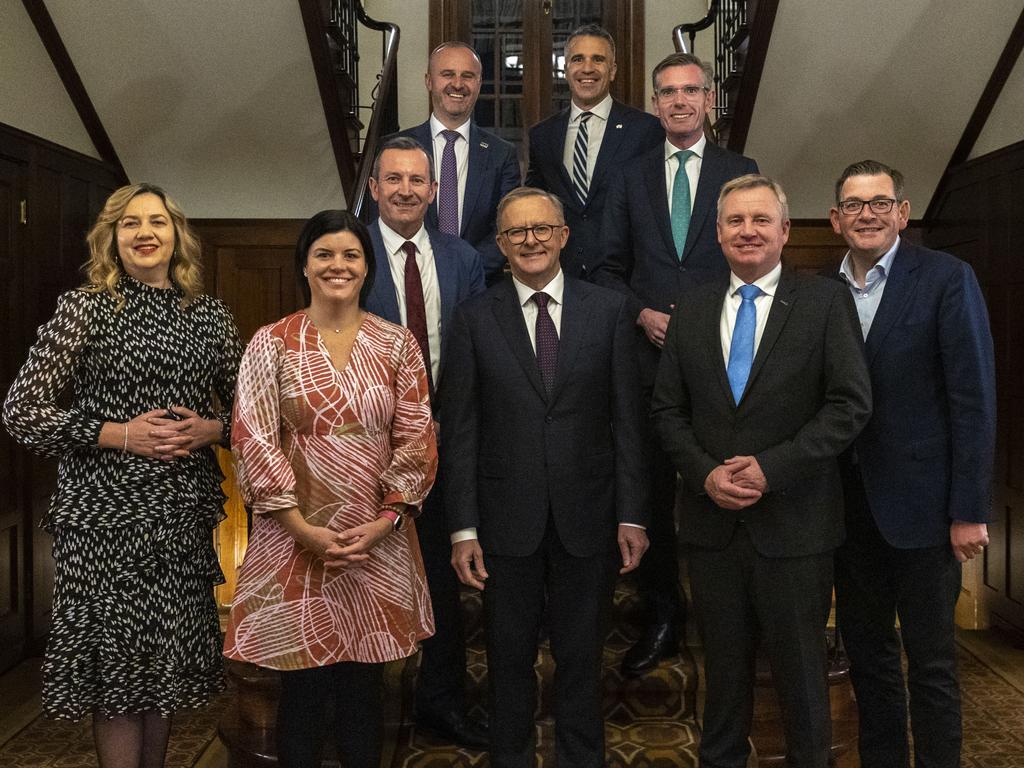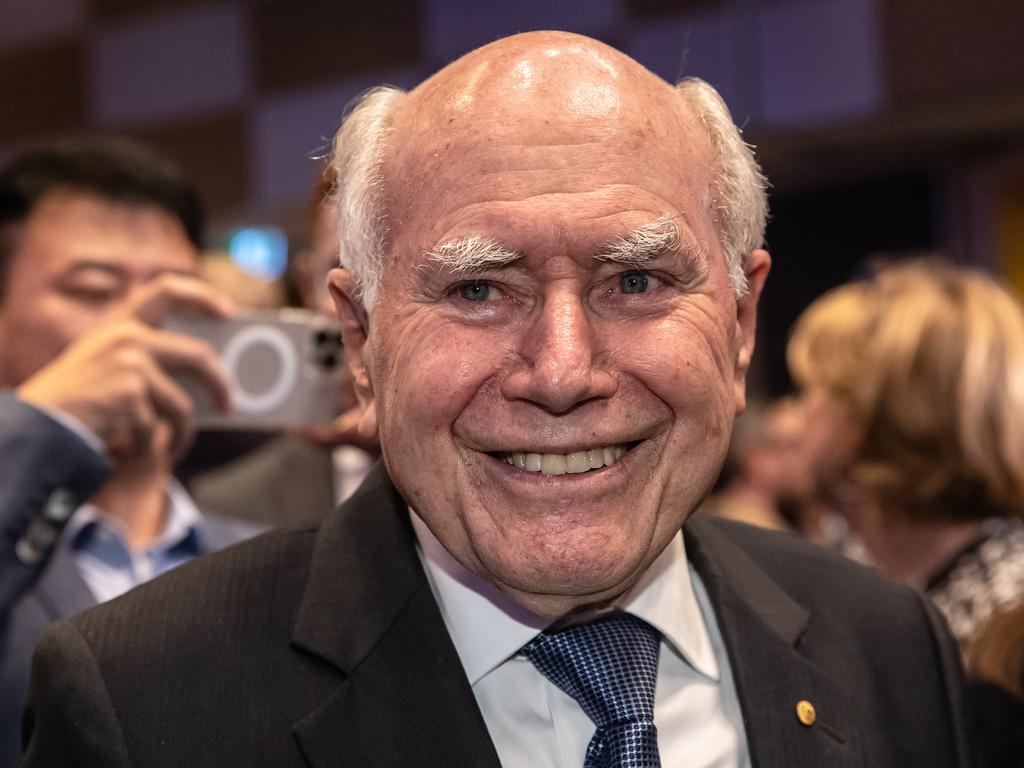Tony Burke’s IR agenda: fix up bargaining
Key changes to revive the failing enterprise bargaining system could be introduced into federal parliament this year.

Key changes to revive the failing enterprise bargaining system could be introduced into federal parliament this year as the Albanese government seeks to legislate a raft of industrial relations policy commitments designed to increase wages, improve job security and lift productivity.
In an interview with The Australian, Employment and Industrial Relations Minister Tony Burke said he hoped Labor’s pre-election promises on workplace relations, including the criminalisation of wage theft and abolition of the construction union watchdog, would be introduced into the House of Representatives as a single bill by December.
With Labor seeking to use its jobs summit in September to push a consensus between unions and employers on changes to the bargaining laws, Mr Burke said he wanted the proposed legislation “informed” by its outcome.
Declaring “bargaining is on the agenda”, Mr Burke said: “We have a wages crisis in Australia. Bargaining is a key way of getting wages moving in a co-operative manner and I will be looking very closely at every idea that comes from the summit that can get bargaining moving.”
Mr Burke has written to Fair Work president Iain Ross advising him that the new government will move next month to legislate to make 10 days’ paid family and domestic violence leave available to 8.5 million workers by enshrining the entitlement in the national employment standards.
He said family and domestic violence leave was his first legislative priority in industrial relations, and a bill would be introduced after parliament resumed in the last week of July.
Mr Burke said the government did not want to “waste a minute in providing better protection for people, women in particular, who are at risk”.
The government’s agenda will include a guarantee that labour hire workers doing the same job as direct employees are entitled to the same pay; a limit on the number of consecutive fixed-term contracts an employer can offer a worker for the same job; creating a fair test to determine when a worker can be classified as a casual; and a proposed extension of the commission’s powers to include employee-like forms of work, notably gig economy work.
Mr Burke said he would “prefer to wrap as many measures up in a single piece of legislation as possible” but the government was prepared to consider holding off on complex elements, including its labour hire proposals, if further consultation was required.
He said he had instructed his department to start consultations with employers and unions on the labour hire proposals and he wanted to talk to the commission about extra resources needed to accommodate the extension of its powers. “I’m hoping that the full range of election commitments (can be introduced) into parliament this year. If we can get them through this year, I’d be even happier. I want the final legislation before it’s introduced to be informed by the jobs summit as well, in case there are additional issues that come through there,” he said.
“We’re committed to secure jobs and better pay, and I want a piece of legislation that draws those threads together. If there’s an element I don’t believe is ready, then I will continue consultation until I believe it’s ready. Everything will be done in an orderly way.”
He said criminalising wage theft was “not complicated because the previous government had legislation that bizarrely they ended up voting against”.
Business Council of Australia chief executive Jennifer Westacott has pledged to work with the ACTU to fix enterprise bargaining, declaring the summit to be an opportunity to discuss how to start “rescuing and improving” the bargaining laws.
During the pandemic, Ms Westacott and ACTU secretary Sally McManus developed a joint proposal to rewrite the enterprise bargaining laws. It was presented by then industrial relations minister Christian Porter to employer and union representatives but dropped after uproar from rival industry groups that claimed it favoured union agreements over non-union deals. Asked whether the ACTU-BCA agreement could be revived, Mr Burke said: “If there are areas where business and unions agree, then they become very easy areas to move on.
“The bottom line, though, is as a nation we need to get wages moving. For me, there are two key jobs in the portfolio: I want employment to become more secure than it’s been, and I want people’s wages to keep moving.”
He said the major flaw in the bargaining system was that wages had been “flatlining”.






To join the conversation, please log in. Don't have an account? Register
Join the conversation, you are commenting as Logout